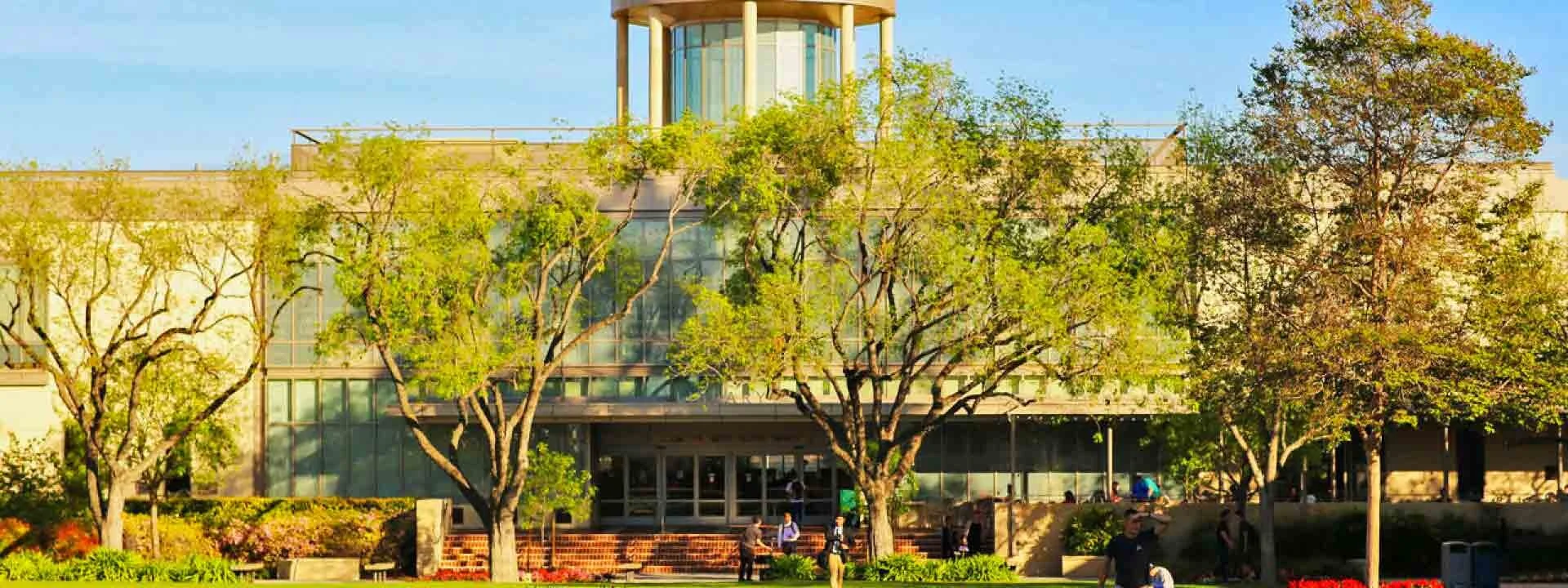“When they came to Capernaum, the collectors of the two-drachma tax went up to Peter and said, “Does your teacher not pay the tax?” He said, “Yes.” And when he came into the house, Jesus spoke to him first, saying, “What do you think, Simon? From whom do kings of the earth take toll or tax? From their sons or from others?” And when he said, “From others,” Jesus said to him, “Then the sons are free. However, not to give offense to them, go to the sea and cast a hook and take the first fish that comes up, and when you open its mouth you will find a shekel. Take that and give it to them for me and for yourself.”
The World Is Watching
So much is happening in this passage. It can be easy to focus on the miracles described: Jesus knowing exactly where Peter had just been, knowing the conversation he’d had, and knowing about (or placing) a coin in a fish’s mouth for Peter to find. But the heart of these verses comes in a small and simple phrase: “not to give offense to them.”
In this text, we see Jesus refraining from exercising his rights as the Son of God in order to prevent any hindrance to sharing good news with people. Jesus always considered how his action or inaction would affect the spreading of God’s Good News, and from Jesus we learn that asserting one’s rights is not always what’s best for the sake of the Gospel or for the sake of our brothers and sisters in Christ. Through Jesus’ example, we learn how to exercise our own freedoms in a Gospel-first manner.
The tax collectors ask Peter if Jesus would pay the Temple tax. As a Jewish man of the Second Temple period, acknowledging the Temple as the biblically based earthly representation of God dwelling with humankind, of course Jesus would have paid the Temple tax. We would have expected nothing else of Jesus—in his humanity.
Divine Privileges Deferred
But taking into consideration the fact that Jesus was fully Divine, it is shocking that he would pay the Temple tax. In vv. 25-26 Jesus takes whatever Peter might be thinking about the whole situation and asks him one simple question: are the sons of kings obliged to finance the work of the king? In other words, is Jesus, as God’s son, bound to financially sponsor the Father’s work? Peter answers by saying that even the kings of the earth do not require duty and taxes of their own sons. Jesus responds, “then the sons are exempt.”
Jesus was under no obligation to pay the temple tax. In fact, Jesus was the true Temple in the sense that, being God incarnate, he was the ultimate dwelling place of God. Jesus would also be the only perfect high priest, and the only perfect sacrifice for sin. The sacrificial system carried out in the Temple would only truly be completed through his work.
Yet, Jesus still paid the temple tax.
Holding to Heavenly Priorities
Why did Jesus pay this tax? We do know that Jesus supported authentic temple worship, as it led people to understand the profoundness of their depravity and illustrated the need for the spilling of the blood of a perfect sacrifice for restoration to a Holy God. Authentic temple worship unmistakably pointed people to the person and the work of Jesus himself!
Could you imagine if Jesus did not pay this tax, and then defended himself by denouncing the tax collectors for their disregard of his divine sonship? The tax collectors would have had to report Jesus, presumably to the religious officials in Jerusalem. Who knows the type of upheaval and disruption to Jesus’ ministry this could have caused!
So, Jesus paid the temple tax.
Jesus willingly surrendered his right as the Son of God for the sake of humankind. He willingly engaged in paying the temple tax so that the offense he could have caused would never become a hindrance to people coming to truly know God through him.
Gospel-First Freedom Today
As we strive to learn from Jesus’ example, we must ask some important questions.
Are we so committed to the Gospel that we would willingly give up our rights for the sake of spreading the Good News of Jesus?
Do we care enough about our brothers and sisters that we are willing to sacrifice our privileges, even our biblically permissible rights, so as never to be a hindrance to how Jesus might work in someone’s life?
What types of “rights” could you give up in your life?
Don’t get me wrong—there is great freedom in this life for believers in Jesus. We should delight in our freedoms and enjoy the time that we have on earth. Yet, our freedoms must be carried out with a Gospel-first mentality. As we learn from Jesus, the spiritual well-being of our brothers and sisters, and our relationship to the non-believing community, trump our earthly privileges. Jesus’ priorities must become our priorities if we want our actions to reflect Jesus well within our community and to our world.
The above post is an except from a sermon “Gospel-First Freedom.” See the full sermon below.









